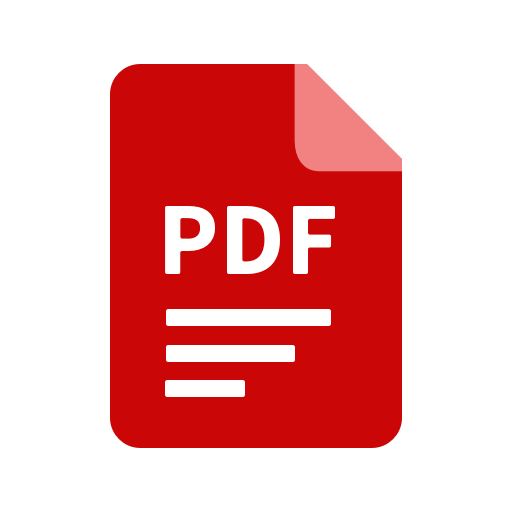Join us on Monday 18 December 2023 for the Tangier Statute Centenary Conference! This hybrid event will bring together academics from both sides of the Mediterranean to discuss the International Zone of Tangier (1925-1956), colonialism, internationalism, and European integration.
Abstract – EN
Bringing together scholars from both sides of the Mediterranean, this conference aims to renew interest in the International Zone of Tangier (1925–56). It will take place 100 years to the day after France, Spain, and the United Kingdom signed the Zone’s constitutive treaty, known as the Tangier Zone Statute. The agreement, which was later joined by Sweden, Belgium, the Netherlands, Portugal, and Italy, subjected Tangier to a special regime: although nominally an integral part of Morocco, the city and its surroundings were to a large extent subject to the joint administration of Western powers. This regime, which has been variously described as ‘shared colonialism’ (Daniela Hettstedt) or ‘unequal federal integration’ (Paul Reuter), was deeply problematic. It shared the discriminatory premise of colonialism, disregarded Moroccans’ aspirations to independence, and even hampered the city’s economic development rather than fostering it. And yet, the Zone’s multinational institutional arrangements, its experience of legal pluralism and treaty-based constitutional rights, as well as its reliance on tax evasion schemes, are certainly worthy of scholarly interest and investigation. Considering that they served as an inspiration for post-WWII endeavours of global and regional integration and governance, they are also of interest to a broader 21th century audience.
Abstract – FR
Réunissant des chercheurs des deux rives de la Méditerranée, cette conférence vise à renouveler l’intérêt pour la Zone internationale de Tanger (1925-1956). Elle aura lieu 100 ans jour pour jour après la signature par la France, l’Espagne et le Royaume-Uni du traité constitutif de la zone, le Statut de la Zone de Tanger. Cet accord, rejoint plus tard par la suite la Suède, la Belgique, les Pays-Bas, le Portugal et l’Italie, soumettait Tanger à un régime particulier : bien que faisant formellement partie intégrante du Maroc, la ville et ses environs furent dans une large mesure soumis à l’administration conjointe des puissances occidentales. Ce régime, qui a été qualifié de « colonialisme partagé » (Daniela Hettstedt) ou d’« intégration fédérale inégalitaire » (Paul Reuter), était profondément problématique. Il partageait les prémisses discriminatoires du colonialisme, ne tenait pas compte des aspirations des Marocains à l’indépendance et entravait même le développement économique de la ville au lieu de le favoriser. Pourtant, les arrangements institutionnels multinationaux de la zone, son expérience du pluralisme juridique et des droits constitutionnels fondés sur des traités, ainsi que sa dépendance à l’égard des systèmes d’évasion fiscale, sont certainement dignes d’intérêt et d’investigation scientifiques. Toutefois, étant que la Zone internationale de Tanger constitua également une source d’inspiration pour les efforts d’intégration et de gouvernance mondiale et régionale après la Seconde Guerre mondiale, elle revêt également un intérêt pour un public contemporain plus large.
This is a hybrid event. Online via Webex. The working languages will be French and English. To attend it (whether in site or online), please register by sending an email to tangerstatut100@gmail.com or michel.erpelding@uni.lu.
